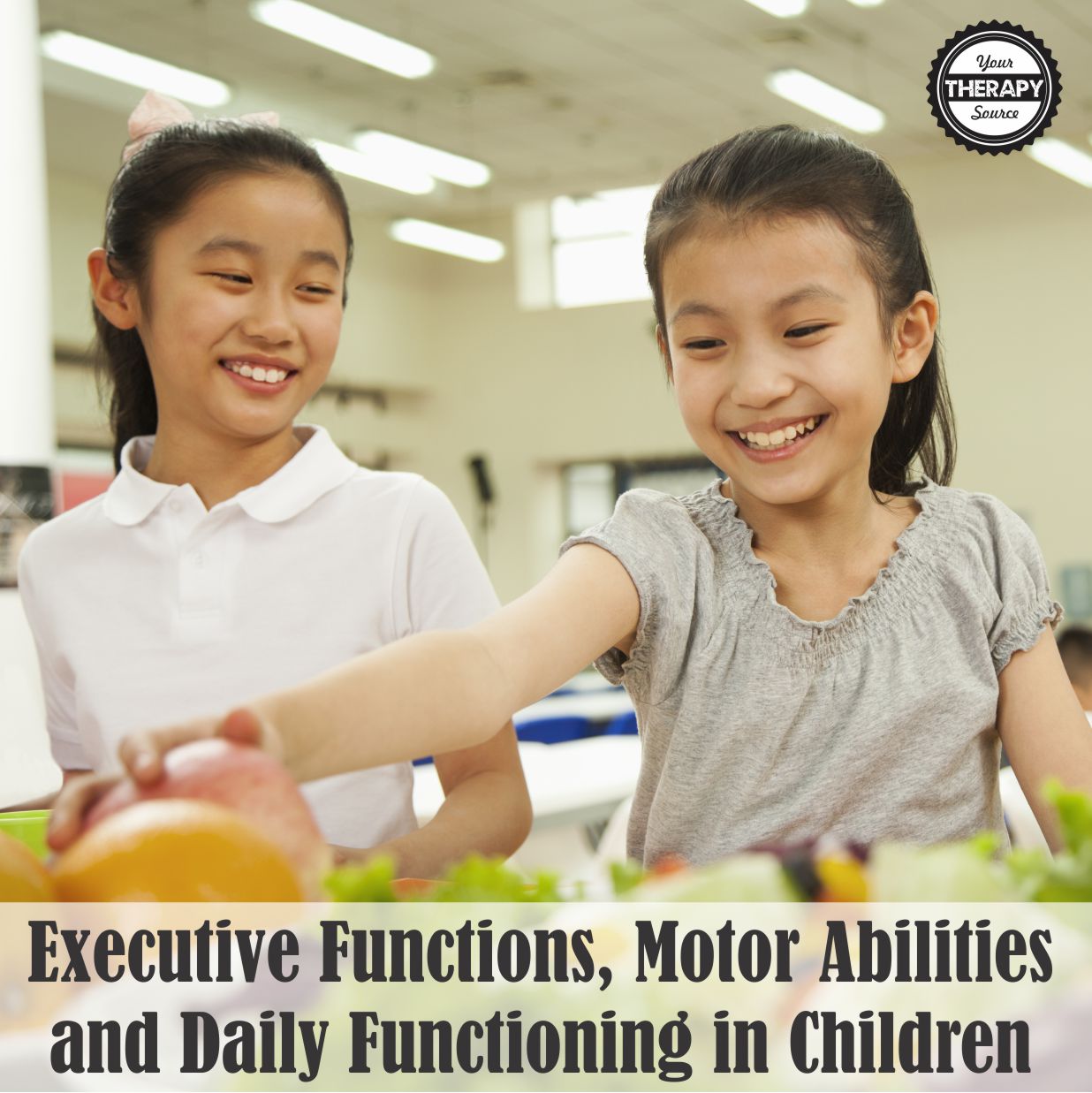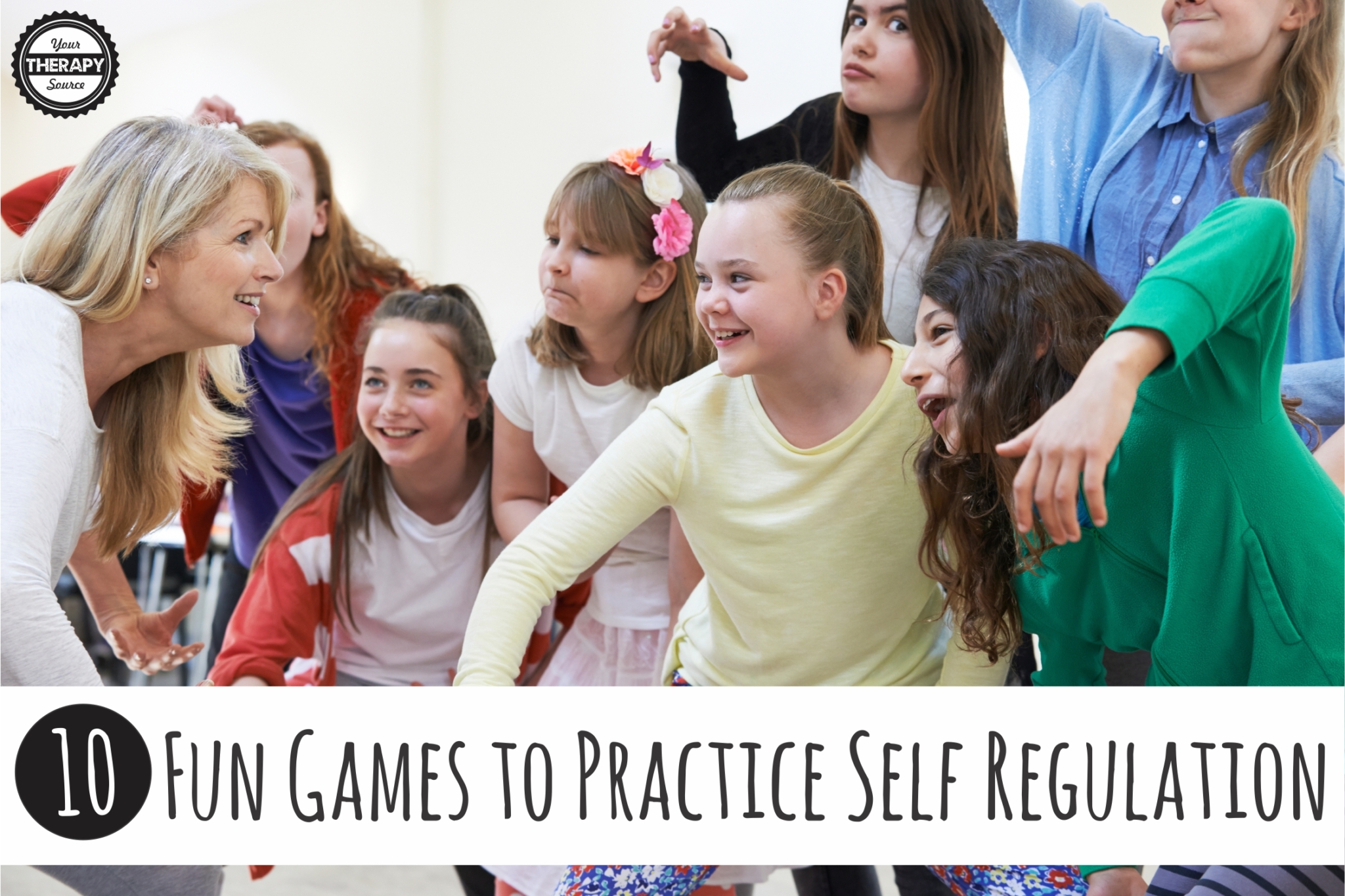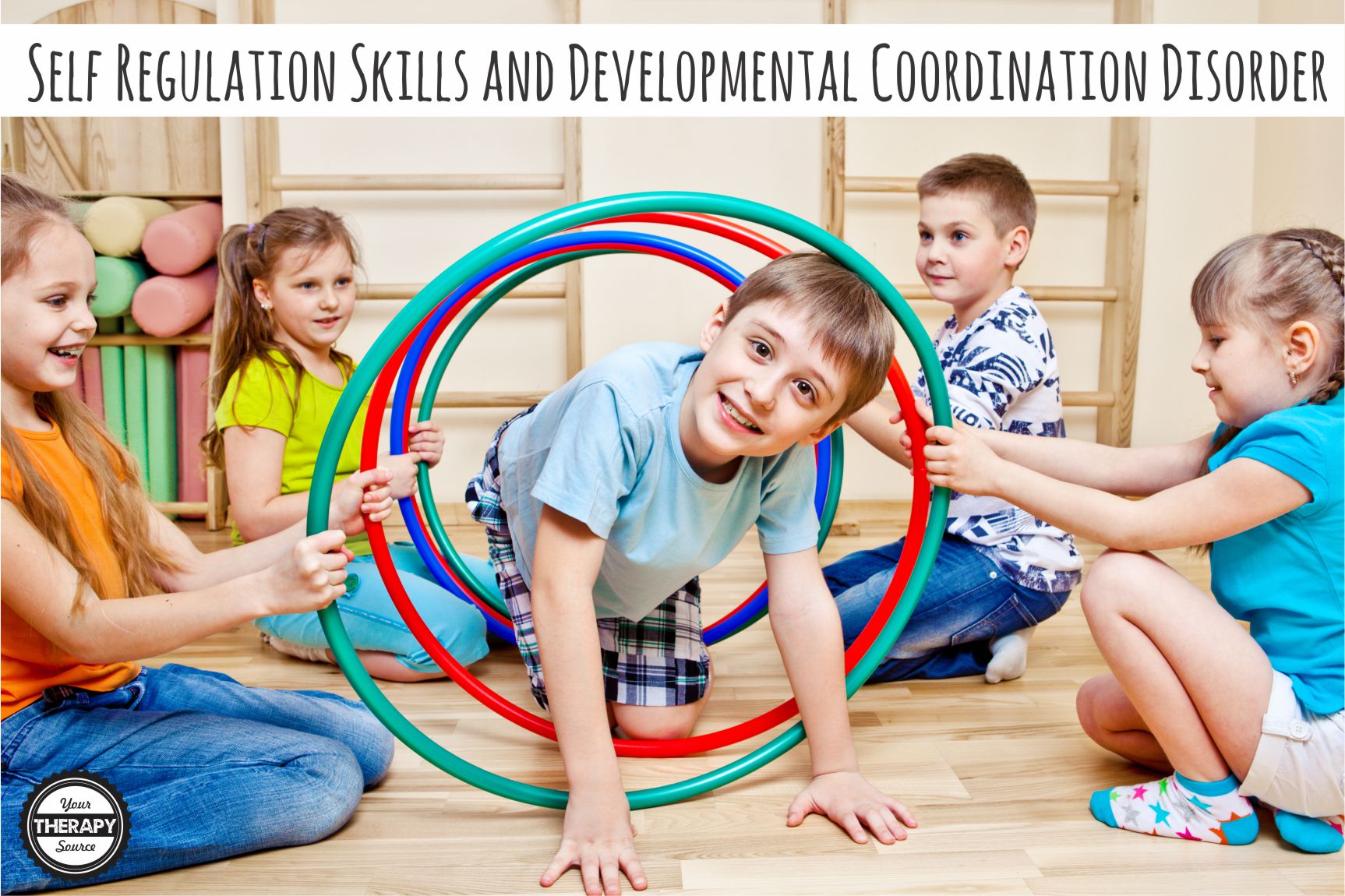Executive Functions, Motor Abilities and Daily Functioning in Children
Executive Functions, Motor Abilities and Daily Functioning in Children The Journal of Occupational Therapy, Schools and Early Intervention published research on the contribution of executive functions beyond motor ability to the participation in daily life activities of children. The participants included 22 children (5–6 years old) who received occupational therapy services and 22 typically developing peers […]










